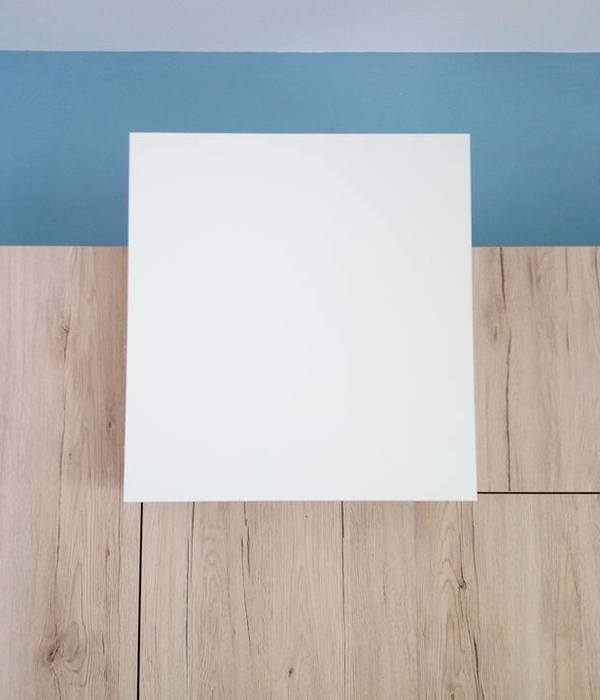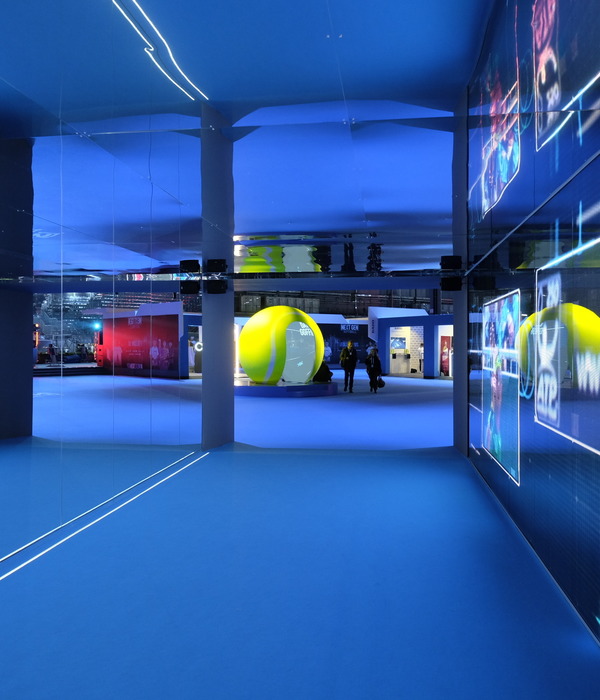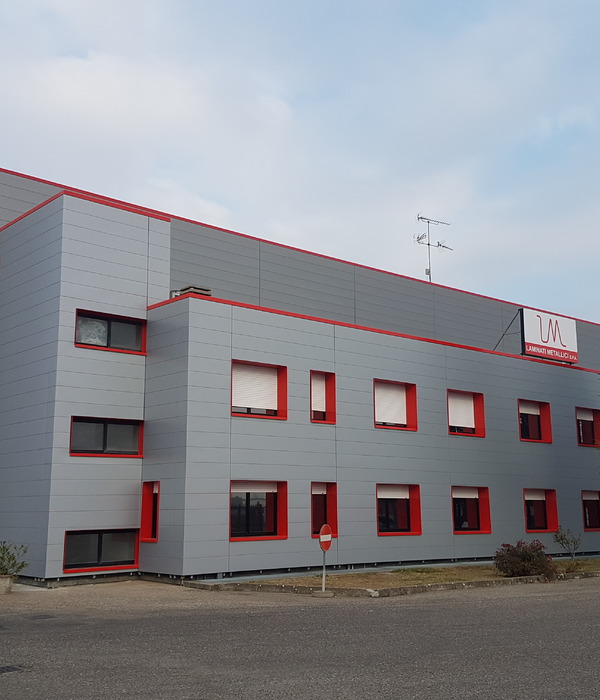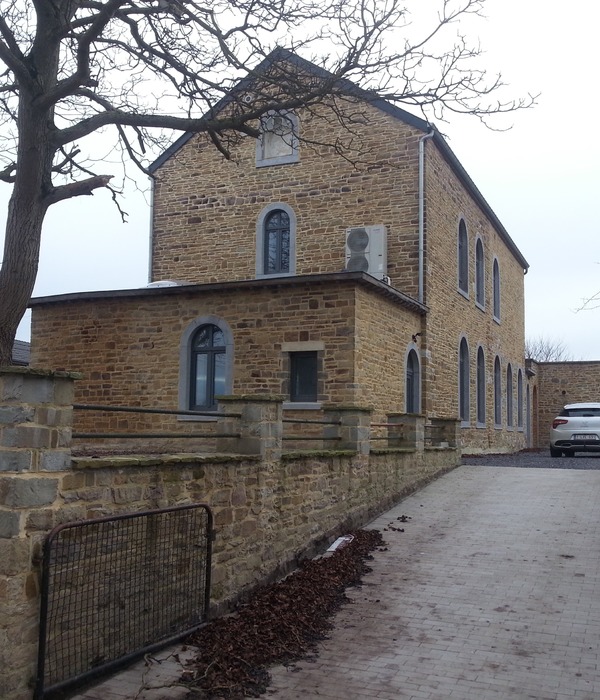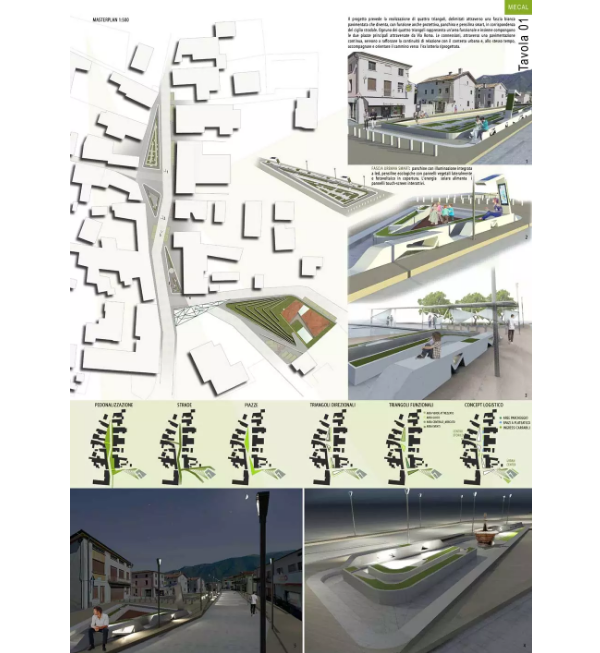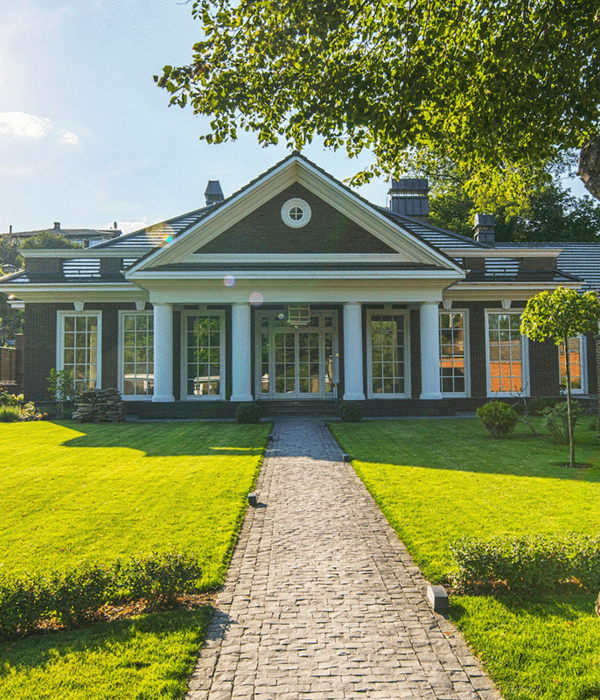Sweden World Maritime University Tornhuset Harbor House
设计方:Terroir, Kim UtzonArkitekter
位置:瑞典
分类:居住建筑
内容:实景照片
图片:32张
这是由Terroir与Kim UtzonArkitekter联合设计的马尔默世界海事大学Tornhuset港口之家,目前已完工。设计团队于2011年赢得该项目的设计权,并从头到尾跟进该项目的建设。从城市的角度,该项目被设想为一个空间“枢纽”,标志着马尔默老城区与海港之间的过渡点。该建筑的设计概念是“枢纽”,促使建筑师去探索新建筑的折叠语言,时期称为城市之间的枢纽,同时是自身与旧Tornhuset的枢纽。该项目的造型结合了原Tornhuset的特色屋顶,它乍看之下传统,实则结合了基于山墙逻辑的样式,回应了下方楼板的几何精确性。建筑师采用了类似的策略,制定了一系列与现状建筑的连接方式,使其满足视线和光线的需求,从而形成一个竖向的实体形式。
译者:艾比
From the architect. The United Nations affiliated World Maritime University (WMU) in Malmo, Sweden has been completed. In collaboration with Kim UtzonArkitekter we won the project in 2011 after a 3-stage international competition. This collaboration continued throughout all stages of the project to completion.
In urban terms the building was conceived as a spatial "hinge” that marked a transition point on the street extending from the old town of Malmo to the harbour area where the building is sited. The conception of the building as a “hinge” prompted us to explore a folded plate language for the new building such that it could act as a hinge in the city and also a hinge between itself and the original “Tornhuset”.
The form of the project emerged from a fascination roof in the original “Tornhuset” which, at first glance looks conventional, but is an unexpected formal play based in a simple gable logic which is then embellished in response to the precise geometry of the floor plate below. We adopted a similar strategy, laying out a series of formal alignments with the existing building that were then elaborated upon in response to the need for views and also light penetration to the spaces within – all while presenting a largely solid form in elevation.
The cladding material is aluminium sheeting, a simile for the painted metal sheet traditionally used in both Swedish and Australian architecture – an unexpected overlap a between the contexts where the two collaborating practices are based. The colour of the roof sheeting is related to the roof of the original Tornhuset.The organisation of the project was based in a response to a simple programmatic division between the teaching spaces in the new building, administration in the old “Tornhuset”, and socialization spaces in between. The interior of the building is therefore in three parts – a stack of floors with various classroom and research spaces, the refurbished existing spaces and an occupied space void between the two.
The stack of floors is set back on every level as it rises from the street, to open this void to the maximum extent possible to the sky. The resulting space is bathed in the beautiful light for which southern Sweden is known. Photographs of completed project by TorbenEskerod with the exception of b/w image by Rodrigo Bernabeau Rodriguez.
瑞典世界海事大学Tornhuset港口之家外部实景图
瑞典世界海事大学Tornhuset港口之家局部实景图
瑞典世界海事大学Tornhuset港口之家内部实景图
瑞典世界海事大学Tornhuset港口之家平面图
瑞典世界海事大学Tornhuset港口之家剖面图
{{item.text_origin}}

